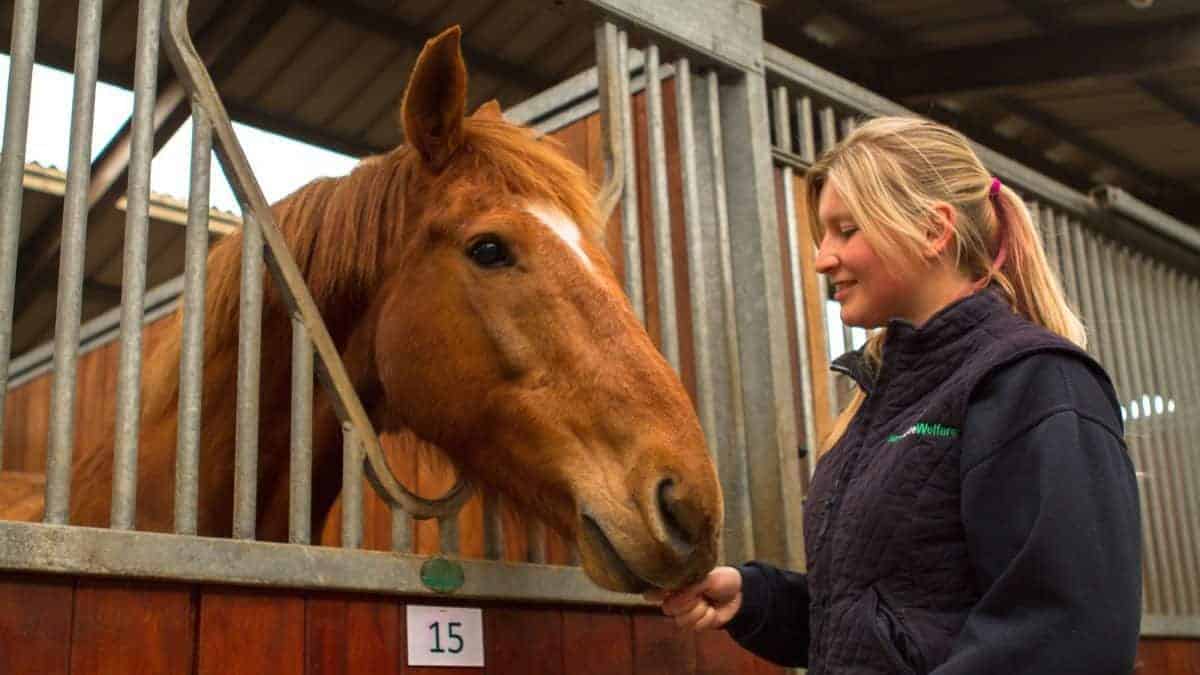Research reveals stress caused by stabling

New research from Nottingham Trent University has highlighted the negative welfare effects of traditional, enclosed stables.
Stress response
Scientists discovered horses who are kept in stables and have little or no contact with other animals showed “significantly higher” signs of stress.
“Inadequate housing design potentially causes stress and negative consequences on the health and well-being ofhorses, despite the fact that it can be easily addressed by introducing more windows or shared areas,” said Kelly Yarnell, an expert in equine welfare at Nottingham Trent University.
“Group housing provideshorseswith an environment where they are able to display natural behaviour, and contact with otherhorsesimproves overall welfare.”
Responsible stabling
World Horse Welfare which has carried out its own research in partnership with Eurogroup for Animals says it ‘welcomes’ this new study.
“It supports what we have been highlighting for some time: poorly managedstablingcan cause significant welfare problems,” said chief executive Roly Owers.
“Whilst we believe thatstablingdoes have an important and beneficial role to play in the wide variety of ways that we can managehorsesin the UK today, this must be done responsibly.”
Educating owners
In addition, Julie McCulloch Girling MEP (Member of European Parliament) isproducing a proposal on responsible equine care for the European Union, which also highlights the need for goodstablingpractices.
“Unfortunately, equidae continue to suffer welfare problems across the entire EU,” she said.”A number of areas of concern have become clear and need to be addressed rapidly.
“These include at the worst complete neglect but also the keeping of equidae in too small a space, confining them for long periods without access to turnout, and a lack of social interaction. Most of these problems can be addressed by educating their owners.”






